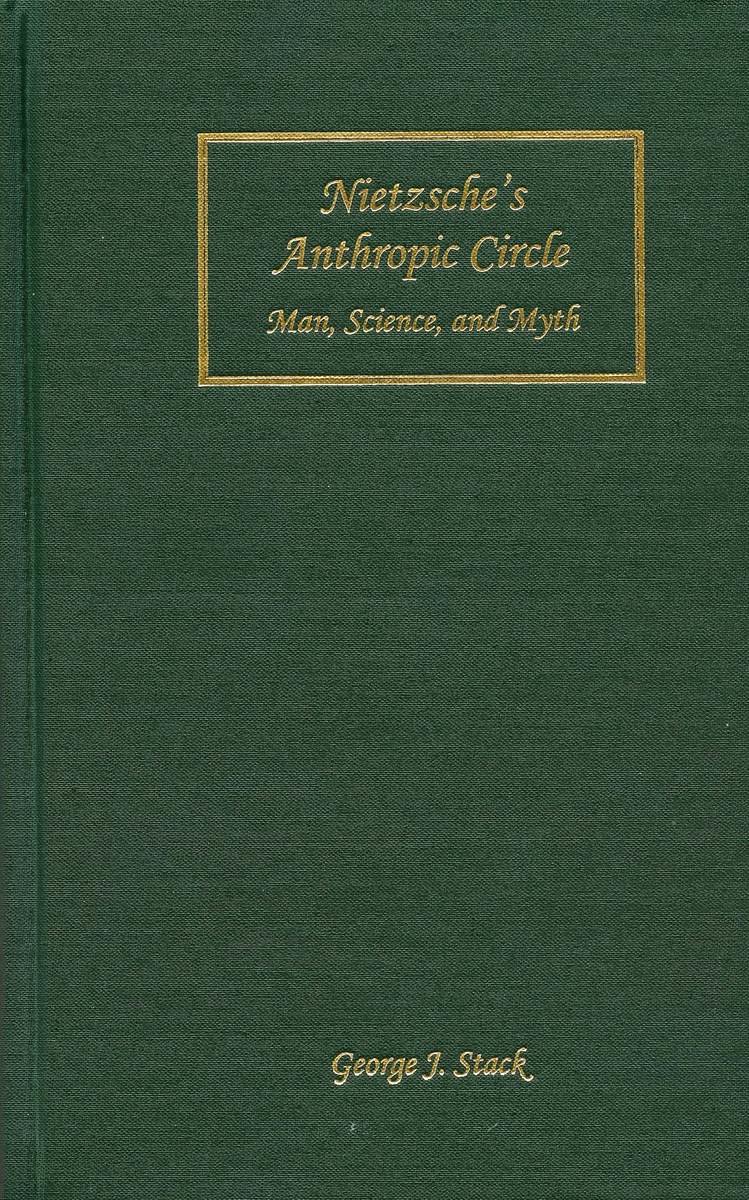Nietzsche's Anthropic Circle is an internal analysis and interpretation of Nietzsche's critical uncovering of "anthropomorphic truth" in language and science, as well as his later use of anthropic analogies and transferences in his imaginative perspectival interpretation "a hybrid of art and science" of a universal, immanent "will to power" in nature. Both the relationship of Nietzsche to Kant's analysis of knowledge in the Critique of Pure Reason and his absorption of a dynamic theory of nature are explored in some detail.
A crucial distinction between Nietzsche's perspectival concept of knowledge and perspectival interpretation is thoroughly discussed against the background of recurring analyses of his critique of knowledge and truth. It is shown that instrumental fictionalism was adopted by Nietzsche in order to put in question the pure objectivism of science. This links an aspect of his thought to the domain of recent American philosophy of science. The anticipatory relationship between Nietzsche's proto-structuralist analysis of language and recent linguistic structuralism, as well as his affiliation with evolutionary epistemology is explored.
In the concluding portion of this inquiry it is contended that Nietzsche's psychology of a will to power in human drives, thought and behavior is at least theoretically defensible. However, it must be segregated from the extension of a will to power to the cosmos. There is a strong concluding argument offered that seeks to demonstrate that the so-called 'metaphysics' of the will to power is an artfully constructed, exoteric fable designed to retrieve a sense of the humanization of the world in face of a de-anthropomorphic world picture.
George Stack is Professor Emeritus of Philosophy at the State University College of NewYork at Brockport, and the author of several books dealing with the philosophy of Friedrich Nietzsche.


